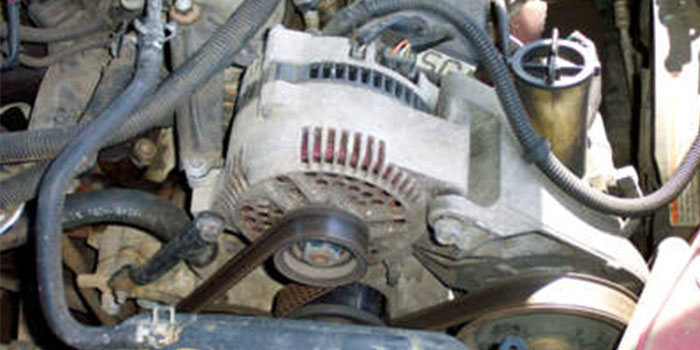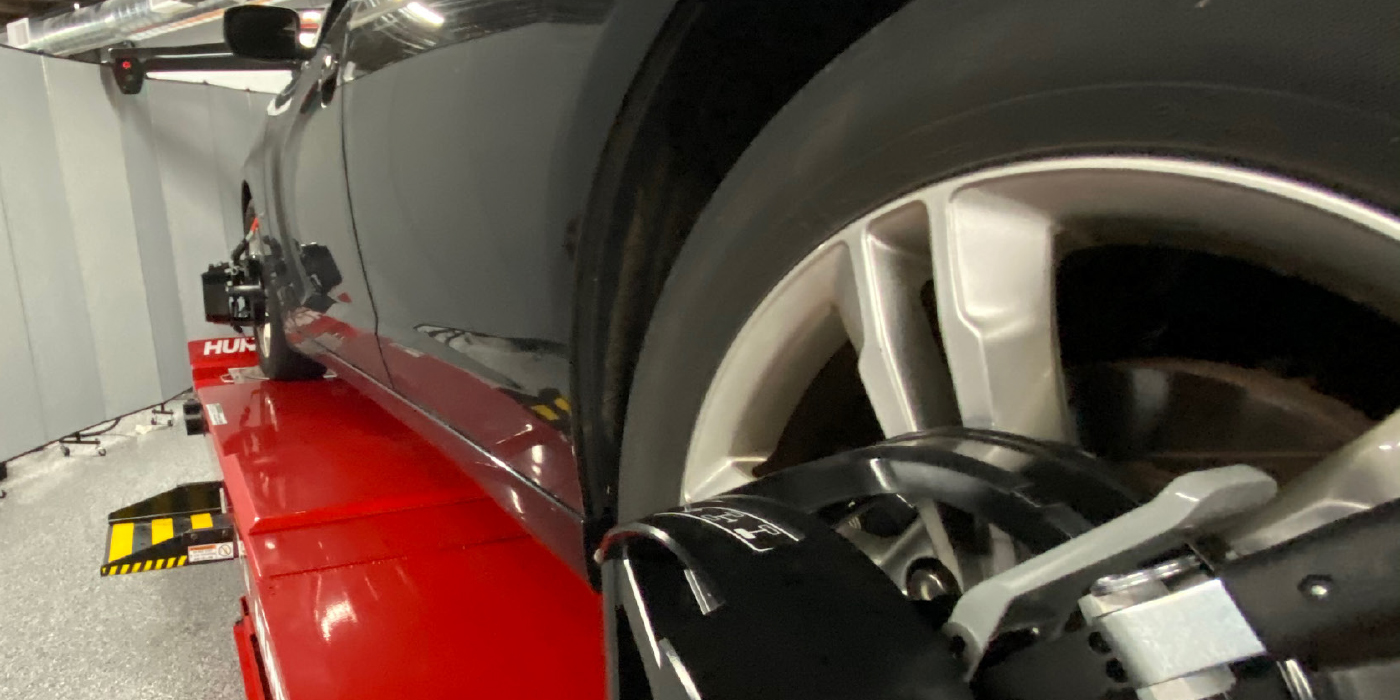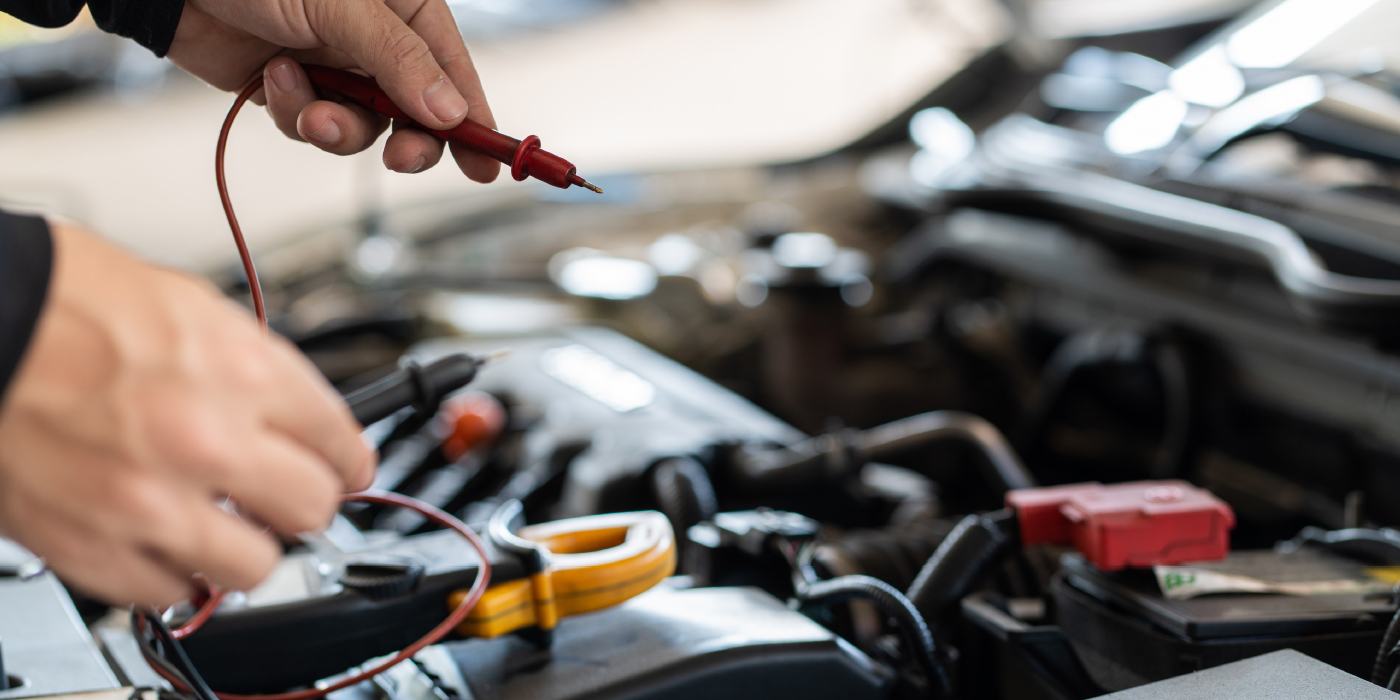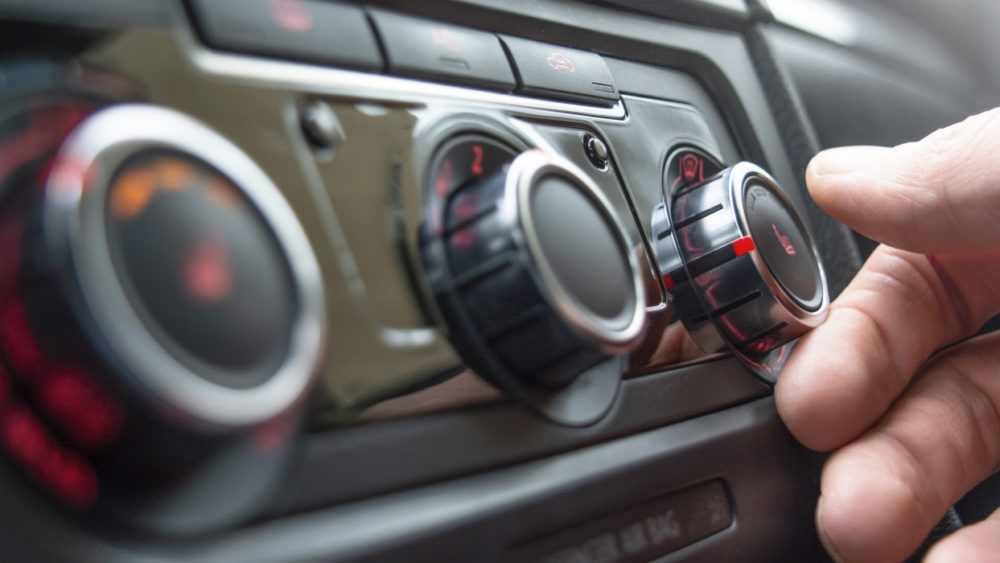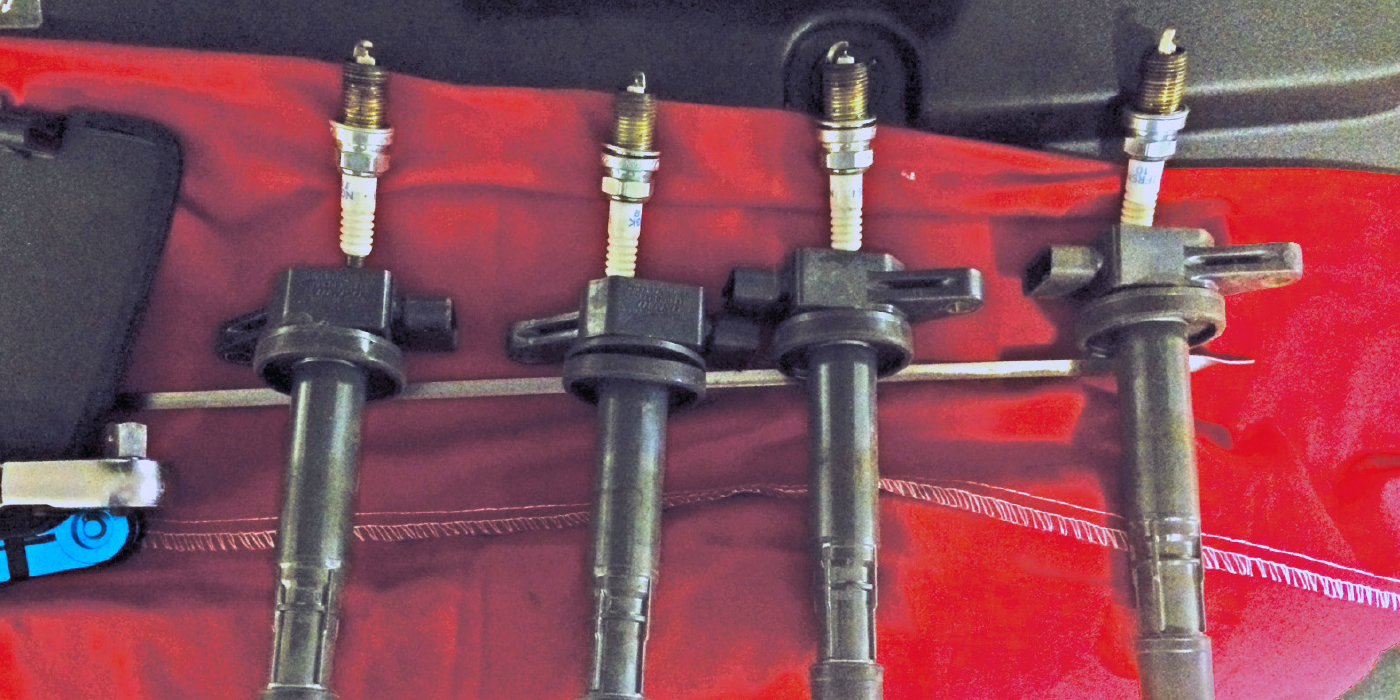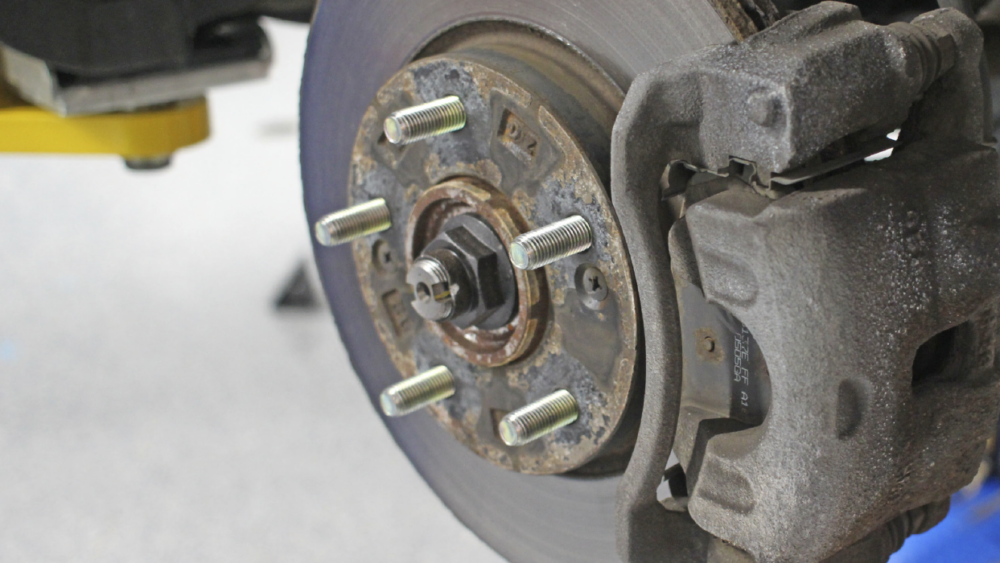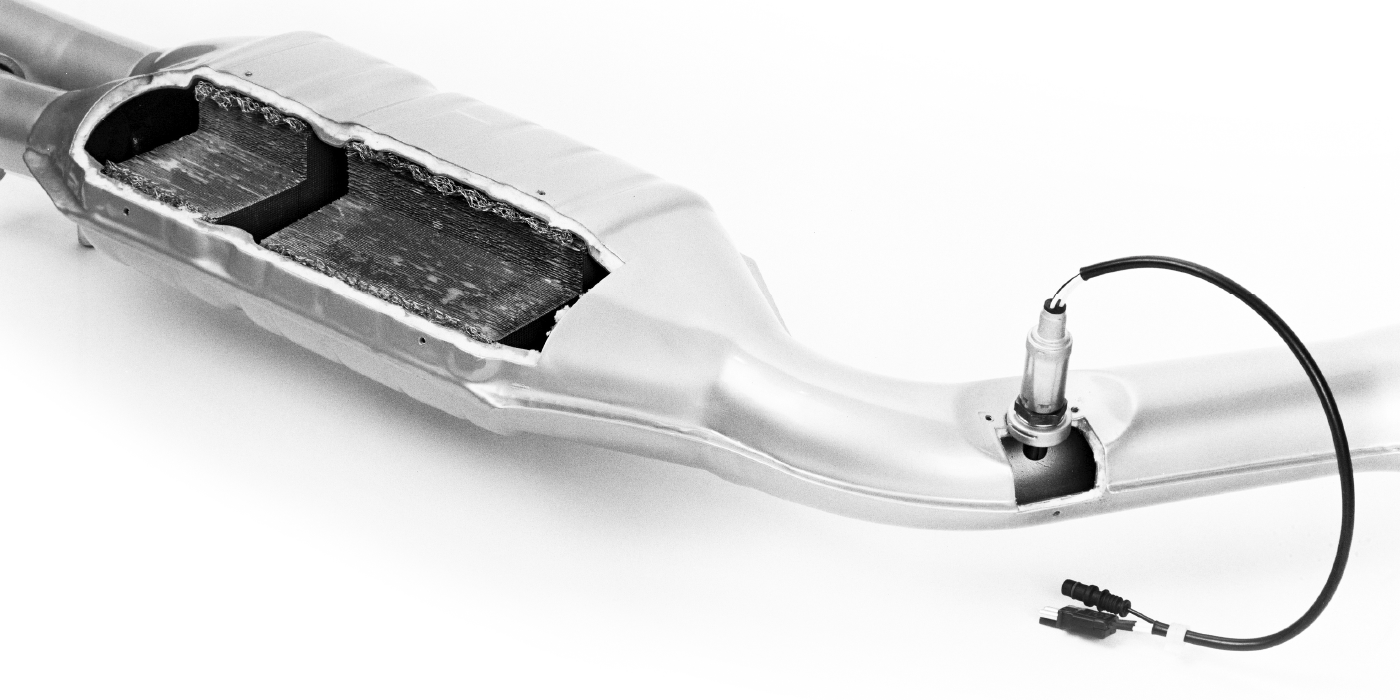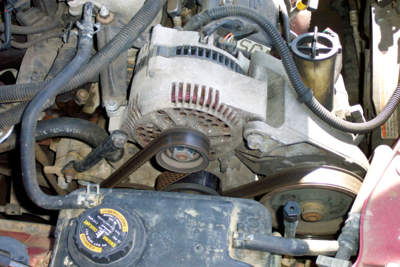 Q: How Can You Tell If An Alternator Is Good Or Bad?
Q: How Can You Tell If An Alternator Is Good Or Bad?
A: A dead battery, an alternator warning light, low charging voltage gauge reading or a “low voltage” warning message would tell you there’s a problem with the charging system, but it doesn’t tell you if the problem is a bad alternator or something else.
Charging problems can have many different causes, with the alternator being only one of many possibilities. Yet because the alternator is the heart of the charging system, many people jump to the mistaken conclusion that the alternator must be bad if any of these conditions exist – and end up replacing the alternator unnecessarily.
When the new alternator fails to fix their problem, they think the new unit must be no good and return it. When the next alternator they install also fails to work, they may realize that the problem is not the alternator but something else such as a bad battery, loose or corroded battery cables, a broken or missing ground strap, a damaged, loose or corroded alternator wiring harness or a charging system control issue in the PCM.
The only way to know if an alternator is good or bad is to bench test it on an alternator test stand. Charging output can be tested on a vehicle with a digital voltmeter. A good alternator should produce about 13.5 to 14.5 volts with the engine idling. If the voltage reading is low (12.5 volts or less), it indicates a charging problem but does not tell you what’s causing it. That’s why bench testing is so important.
If an alternator can produce normal voltage and current during a bench test, the problem is not the alternator but something else on the vehicle. Further diagnosis will be required to figure out what’s causing the problem (often bad wiring). On the other hand, if the alternator flunks a bench test it tells you the unit is bad and your customer needs a new alternator.
Bench testing also can verify the output of a new or reman alternator before it goes out the door – which can reduce customer frustrations, unnecessary comebacks and warranty returns.
Article courtesy Counterman.

